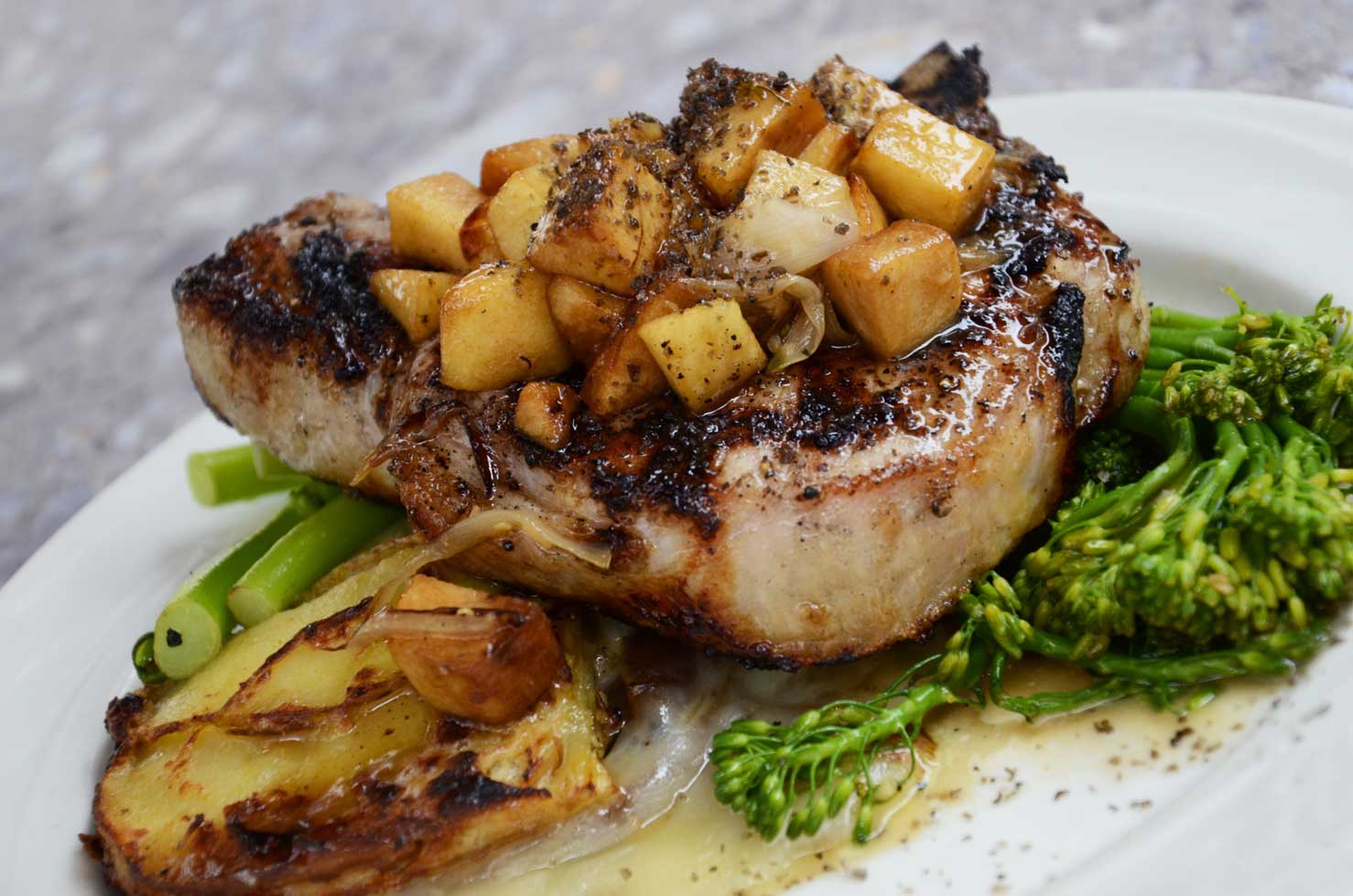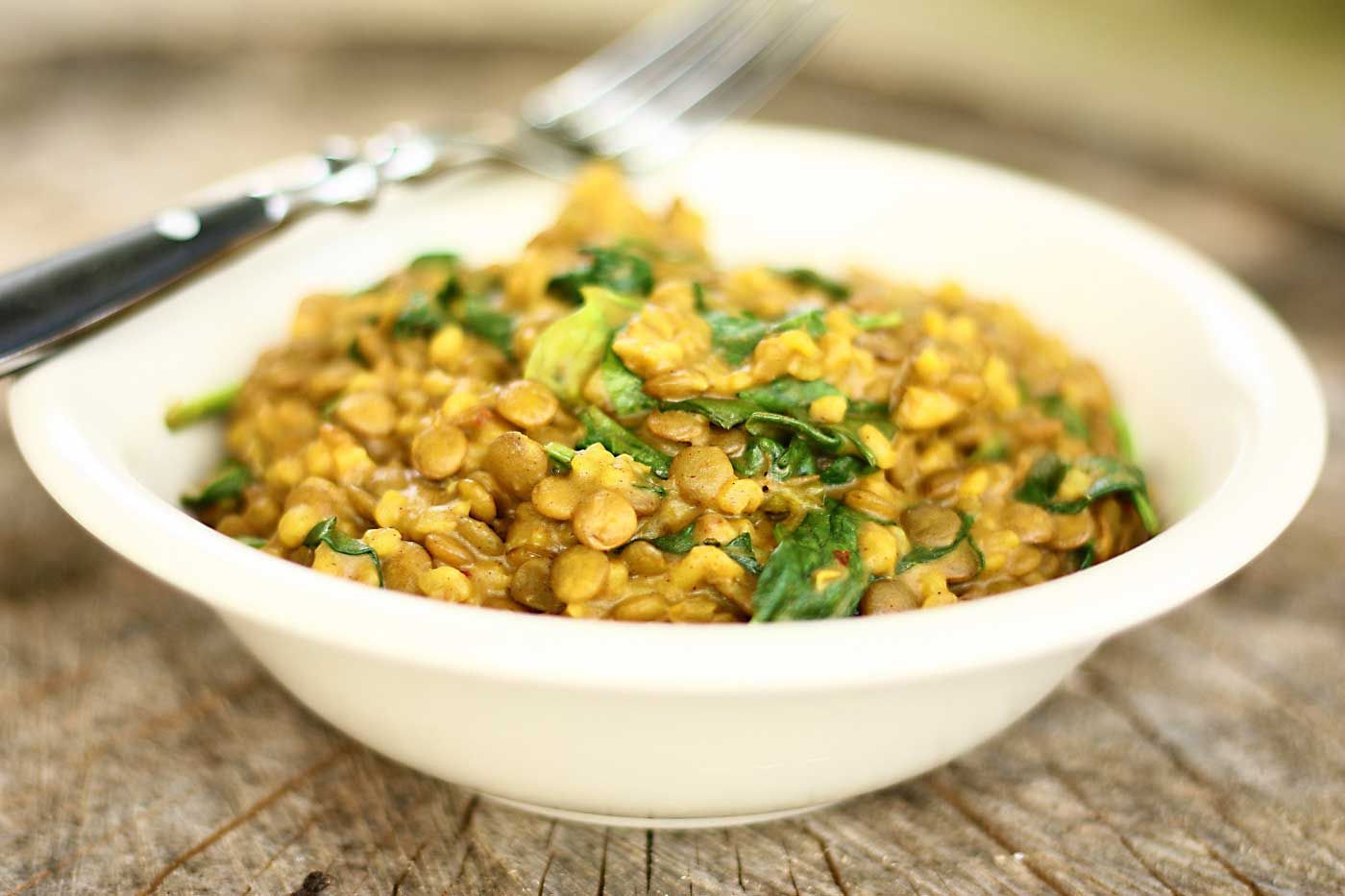Understanding Blood Type O
If you have blood type O, you may have heard that following a specific diet based on your blood type can lead to better health. The blood type diet, popularized by Dr. Peter D’Adamo, suggests that individuals with blood type O may benefit from a diet that resembles that of their ancient ancestors. While the scientific evidence supporting this theory is limited, many people with blood type O have reported positive outcomes from following the recommended dietary guidelines.
Key Principles of the Blood Type O Diet
The blood type O diet is centered around the idea that individuals with this blood type thrive on a high-protein diet. Here are some key principles to consider when following the blood type O diet:
- High Protein: Individuals with blood type O are advised to consume a diet rich in lean meats, poultry, and fish. These sources of protein are believed to support optimal metabolic function for individuals with this blood type.
- Limit Grains: The diet suggests that individuals with blood type O should avoid or limit the consumption of grains, as they may interfere with the digestive process and lead to weight gain.
- Emphasize Fruits and Vegetables: While fruits and vegetables are an essential part of any healthy diet, the blood type O diet recommends focusing on certain types of produce that are believed to be beneficial for individuals with this blood type.
- Regular Exercise: In addition to dietary recommendations, the blood type O diet also emphasizes the importance of regular physical activity to support overall health and well-being.
Sample Meal Plan for Blood Type O
Here’s a sample meal plan that aligns with the principles of the blood type O diet:
- Breakfast: Scrambled eggs with spinach and turkey bacon
- Lunch: Grilled chicken salad with mixed greens, bell peppers, and olive oil vinaigrette
- Snack: Sliced apple with almond butter
- Dinner: Baked salmon with steamed broccoli and quinoa
Considerations and Potential Benefits
While the blood type O diet has gained popularity, it’s important to approach it with a critical mindset. The scientific evidence supporting the specific dietary recommendations for each blood type is limited, and individual responses to the diet may vary. However, some individuals with blood type O have reported benefits such as improved energy levels, weight management, and overall well-being when following the recommended guidelines.
Consult a Healthcare Professional
Before making any significant changes to your diet, especially based on your blood type, it’s essential to consult with a healthcare professional or a registered dietitian. They can provide personalized guidance and ensure that any dietary changes align with your individual nutritional needs and health goals.
Final Thoughts
While the concept of eating for your blood type may be intriguing, it’s important to approach it with a balanced perspective. Regardless of your blood type, focusing on a diet rich in whole, minimally processed foods, and engaging in regular physical activity can contribute to overall health and well-being. Whether you choose to follow the blood type O diet or not, listening to your body and making informed dietary choices is key to supporting your health.
Remember, the most important aspect of any diet is to ensure that it is sustainable, balanced, and meets your individual nutritional needs.
More Delicious Recipes for Blood Type O
For those following the Blood Type O diet, incorporating specific recipes can transform your meal planning while adhering to dietary recommendations. Among the variety of dishes tailored for this blood type, Grilled Swordfish with Olive Tapenade and Grilled Beef Steak with Asparagus stand out due to their high protein content and compatibility with Type O dietary needs. These recipes not only cater to the health aspects but also bring culinary delight to your table. Trying out Baked Lemon-Garlic Salmon with Broccoli is also recommended, as it combines essential fatty acids with the powerful antioxidants found in broccoli, ideal for this blood type’s nutritional profile.











